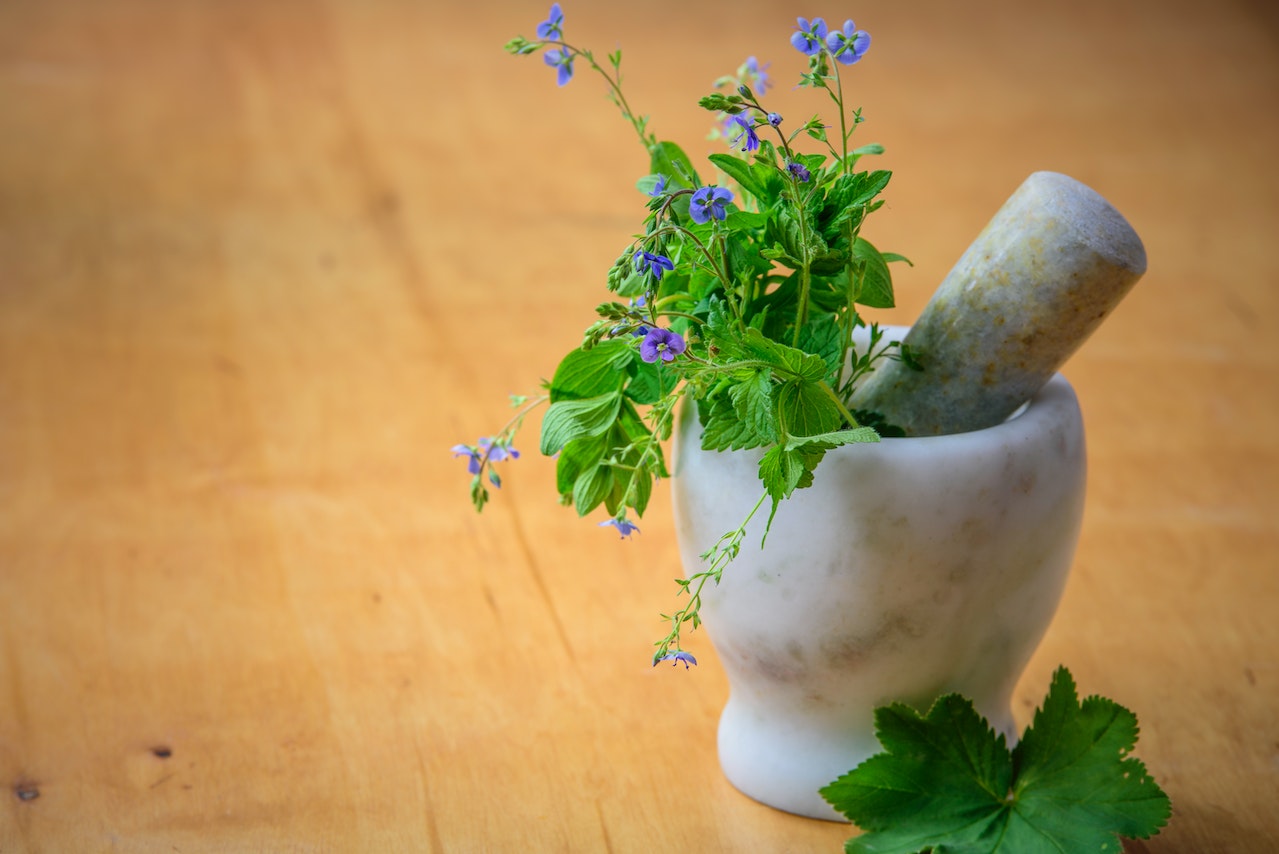Homeopathy is a system of alternative medicine that has been used for over 200 years to treat a wide range of conditions. Despite its popularity, many people know very little about the history and evolution of this practice. In this article, we will trace the roots of homeopathy back to its ancient origins and explore the life of Samuel Hahnemann, the founder of homeopathy.
We will also examine the rise of homeopathy in Europe and America, as well as modern developments in the field. By understanding the history of homeopathy, we can gain a deeper appreciation for this practice and its contributions to the field of medicine. We can also explore the challenges and opportunities facing homeopathy today and gain insight into the future of this fascinating discipline.
Ancient Roots: The Beginnings Of Homeopathy
The history of homeopathy can be traced back to ancient times, when healers around the world used natural remedies to treat a variety of ailments. For example, in ancient Greece, the physician Hippocrates prescribed small doses of herbs and minerals to treat diseases. Similarly, traditional Chinese medicine and Ayurveda in India also relied on natural remedies to heal the body.
However, the modern system of homeopathy as we know it today was developed by Samuel Hahnemann in the late 18th century. Hahnemann was a German physician who became dissatisfied with the medical practices of his time, which he believed were based on harmful treatments like bloodletting and the use of toxic substances like mercury.
Through experimentation and observation, Hahnemann developed the principle of “like cures like,” which forms the basis of homeopathy. This principle states that a substance that can cause symptoms in a healthy person can also be used to treat similar symptoms in a sick person, but in a highly diluted form.
Hahnemann’s work laid the foundation for the development of homeopathy as a distinct medical practice. In the following years, homeopathy would become increasingly popular in Europe and America, and would continue to evolve and adapt to changing times and medical practices.
Samuel Hahnemann: The Father Of Homeopathy
Samuel Hahnemann (1755-1843) was a German physician who is widely regarded as the father of homeopathy. He is known for developing the principles and practices of homeopathy, a system of alternative medicine that emphasizes the use of highly diluted substances to treat illnesses.
Hahnemann studied medicine at the University of Leipzig and began practicing medicine in 1779. He was dissatisfied with the medical practices of his time, which often relied on harmful treatments such as bloodletting, purging, and the use of toxic substances. He became interested in the idea of treating illnesses with substances that could produce similar symptoms in healthy people, a principle known as the “law of similars.”
Hahnemann began experimenting with different substances and dilutions and developed the practice of potentization, which involves diluting a substance to such a degree that little or no molecules of the original substance remain. He believed that this process of dilution and succussion (shaking) enhanced the healing properties of the substance, making it more effective in treating illnesses.
Hahnemann published his findings in a book called the Organon of the Healing Art, which became the foundation of homeopathy. He also developed the concept of the “vital force,” a life force that he believed could be disrupted by disease and restored through the use of homeopathic remedies.
Although homeopathy has been controversial and is not widely accepted by the medical establishment, it continues to be practiced by some healthcare practitioners and has a dedicated following among some patients. Hahnemann’s contributions to the development of homeopathy have had a lasting impact on the field of alternative medicine.
The Rise Of Homeopathy In Europe
Homeopathy began to gain popularity in Europe in the early 19th century, largely due to the efforts of Samuel Hahnemann, who had developed the principles and practices of the system in the late 1700s. Hahnemann’s writings and teachings attracted many followers, and his ideas spread throughout Europe and beyond.
One reason for the rise of homeopathy in Europe was the dissatisfaction with conventional medicine of the time, which often relied on harsh treatments such as bloodletting and the use of toxic substances. Homeopathy offered a gentler, more natural approach to healing, which appealed to many people.
Another factor in the popularity of homeopathy was its success in treating epidemics of the time, such as cholera and typhoid fever. Homeopathic remedies were often used in combination with other treatments, such as proper hygiene and sanitation, but they were credited with helping to reduce the mortality rates of these diseases.
Homeopathy also gained the support of some influential figures, such as members of royal families and prominent politicians, who became advocates for the system and helped to spread its popularity. In addition, the establishment of homeopathic hospitals and clinics, as well as the formation of professional organizations for homeopaths, helped to solidify the status of homeopathy as a legitimate form of medical practice.
By the mid-1800s, homeopathy had become a well-established system of medicine in Europe, with many practitioners and supporters. However, its popularity declined in the early 20th century with the rise of conventional medicine, which had made significant advances in medical science and technology. Nonetheless, homeopathy remains a significant alternative medical practice in many parts of the world.
Homeopathy In America: From Obscurity To Prominence
Homeopathy had a slow start in America, and it was not until the mid-19th century that it began to gain some prominence. The first homeopathic practitioners in America were European immigrants who brought the system with them, but they faced significant resistance from the medical establishment, which viewed homeopathy as unproven and unscientific.
Despite this opposition, homeopathy began to attract a following in the United States, particularly among those who were dissatisfied with the harsh and often ineffective treatments of conventional medicine. Homeopathic remedies were seen as gentle, natural, and effective, and they appealed to many people who were looking for alternatives to traditional medicine.
One factor that helped to increase the popularity of homeopathy in America was the success of homeopathic treatments during the cholera epidemic of 1832. Homeopathic practitioners claimed to have had success in treating the disease, and this helped to establish the credibility of the system.
Another factor was the establishment of homeopathic medical schools and hospitals, which helped to train practitioners and promote the use of homeopathy. The first homeopathic medical school in America was founded in 1835, and by the end of the 19th century, there were more than 20 homeopathic medical schools and numerous homeopathic hospitals and clinics throughout the country.
The popularity of homeopathy reached its peak in the late 1800s, with an estimated 15 percent of all doctors in the United States practicing homeopathy. However, the rise of conventional medicine, which made significant advances in medical science and technology, led to a decline in the popularity of homeopathy in the early 20th century. Despite this decline, homeopathy remains a significant alternative medical practice in the United States, with a dedicated following among patients and practitioners.
Modern Developments In Homeopathy: Challenges And Opportunities
Homeopathy has continued to evolve and develop since its inception in the late 18th century, and there have been both challenges and opportunities in this process. One challenge that homeopathy faces is the skepticism and opposition from the medical establishment and mainstream scientific community. Critics argue that homeopathy is based on unproven principles and lacks scientific evidence to support its claims of efficacy. This has led to debates and controversies around the regulation and integration of homeopathy into the broader healthcare system.
Another challenge is the proliferation of counterfeit and poorly prepared homeopathic remedies, which can potentially cause harm to patients. This has led to efforts to regulate the production and distribution of homeopathic remedies to ensure their safety and quality. Despite these challenges, there are also opportunities for homeopathy to expand and grow. Advances in scientific research have enabled a better understanding of the mechanisms of homeopathy and how it works. This has opened up opportunities for further research and clinical trials to explore the potential of homeopathy in treating a range of conditions.
In addition, the growing interest in natural and holistic medicine has led to a renewed interest in homeopathy among some patients and healthcare practitioners. The integration of homeopathy into complementary and integrative medicine practices has also created new opportunities for collaboration and research. Overall, the modern developments in homeopathy present both challenges and opportunities, and the future of homeopathy will depend on how it adapts to these changing circumstances.
Conclusion
In conclusion, homeopathy has a rich and fascinating history that spans several centuries and continents. The system has evolved and developed over time, from its origins in 18th century Europe to its spread across the globe in the 19th and 20th centuries. While homeopathy has faced challenges and controversies throughout its history, it has also had many successes and achievements, including the treatment of epidemics and the establishment of medical schools and hospitals. Today, homeopathy remains a significant alternative medical practice that continues to attract dedicated practitioners and patients.
While there are ongoing debates and controversies around the scientific validity and regulation of homeopathy, its potential as a complementary and integrative medical practice cannot be ignored. The history of homeopathy provides valuable insights into the evolution of medicine and the ongoing quest for new and effective approaches to healing. As homeopathy continues to evolve and develop, it will be interesting to see how it adapts to the changing needs and demands of patients and practitioners in the modern world.
More About The Authors
Essential Zen focuses on Homeopathy, which is a medical system based on the belief that the body can cure itself. Those who practice it use tiny amounts of natural substances, like plants and minerals to stimulate the healing process. It was developed in the late 1700s in Germany and is becoming more popular in the United States. Our mission is to increase that popularity and help it continue to grow.
Sponsored by the best CBD oil online delivery. If you are seeking an alternative to prescribed medications, consider visiting Mary Jane’s CBD Dispensary. Cannabinol (CBD) is a popular choice among consumers due to its numerous benefits, making it America’s favorite natural remedy. At Mary Jane’s, our team is highly enthusiastic about this industry-leading product and aims to educate our customers on its incorporation into their daily lives. If you are serious about achieving your health goals, don’t hesitate to contact us today.

